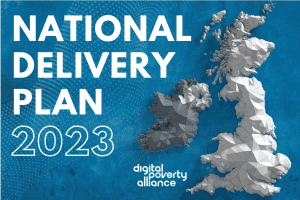The importance of empowering women
Why empowering women is crucial
Article by Tanisha Cantrell
In a year of unprecedented crises with lockdowns and protests, we must not forget the fight for gender equality and how it still remains a problem in many countries- one in particular, Ghana. Gender equality is a human right and in the eyes of the law, men and women appear to have equal rights. However, in Ghana, laws alone are insufficient to improve women’s lives. Nevertheless, through strengthening a woman’s confidence and independence we can empower women onto an upskill path and restore their dignity.
The Supreme Court now has two women justices out of twelve and since its formation in 2009, there has never been a minority ethnic supreme court judge. In media, women comprise 21% of national newspaper editors, with four women in the top jobs.
Although simply putting women in charge will not fix the system, this male dominance reinforces how important women’s empowerment is. However, existing hardships in Ghana and other developing countries make it difficult for women’s empowerment, and women are significantly seen as less valuable than men. Women in Ghana are more likely to come from a disadvantaged background, live in poverty, have less land, and make minimal income. On top of this, women lack education and are often used by their families to help in the upkeep of the house with no future prospects.
The average girl in Ghana only receives four years of education because many obstacles force them to drop out of school before the end of junior high. These obstacles include early marriage, pregnancy, and poverty. If these women were to continue education, they are more likely to marry at a later age and will have increased self-esteem, determination, and aspirations.
Education is a vital step in allowing women to reach their full potential, it empowers women to become leaders at community levels, earn more, and have better jobs. It also helps give women the skills they need to take on further leadership roles, including political positions where they can advocate for policies that benefit family and community life.
Women empowerment can essentially help equip women with the tools to have power and control over their own lives. When women are living safe, fulfilled, and productive lives, they can reach their full potential and can contribute to their community while raising happier and healthier children. Women in Ghana spend the most part with their children, and if they are emotionally and mentally strong, with self-worth and confidence, it will transcend into their children.
Empowering women is a major movement and is a crucial key to achieving a more peaceful and prosperous world.




